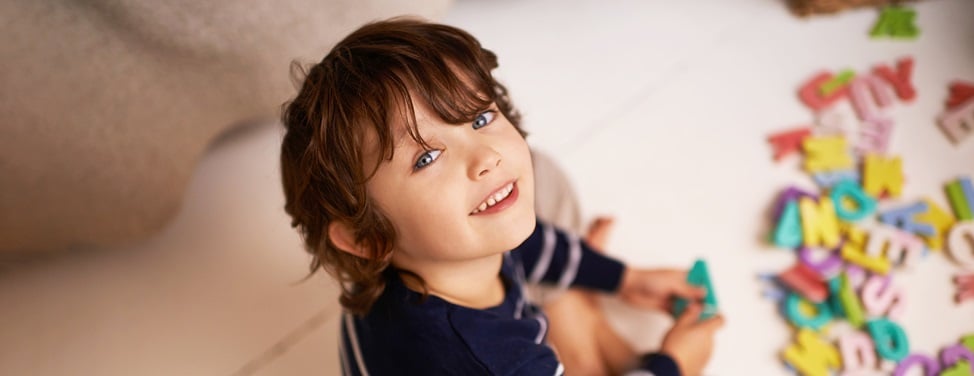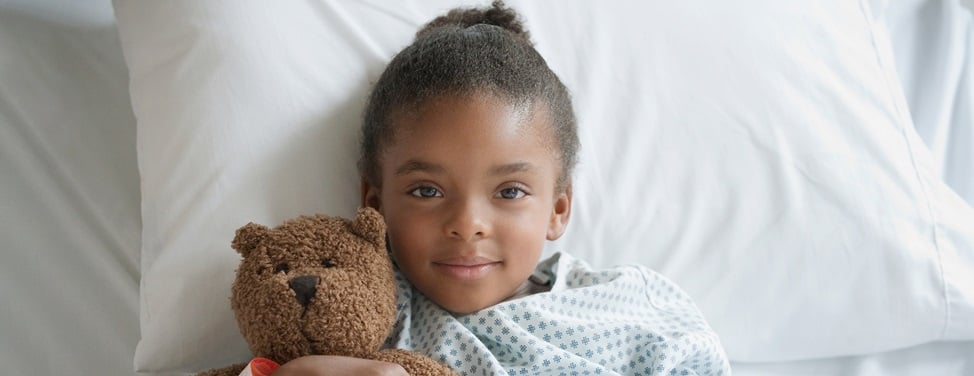How does spina bifida affect my child's bladder?
Almost all children born with spina bifida have neurogenic bladder, a term used to describe urination problems caused by neurological conditions. In children with spina bifida, neurogenic bladder occurs because the spinal cord nerves that control the bladder don't form properly. This causes issues with storing urine in the bladder, emptying the bladder or both.
Children with spina bifida generally require a lifelong use of a technique called clean intermittent catheterization to:
Many also need to take anticholinergic medications. These help the bladder relax so it can store more urine and protect the kidneys.
How does spina bifida affect my child's bowels?
Most children with spina bifida are at risk for constipation because the nerves that regulate bowel function often don't form properly. Constipation typically develops when the child begins eating solid foods.
Many children with spina bifida need to take a laxative to promote regular bowel movements. Preventing constipation is essential for stool continence (controlling bowel movements).
Will my child need bladder or bowel surgery?
Possibly. Many children with spina bifida have a bladder that doesn't function well or grow with them. When catheterization and medication aren't enough, some children require bladder augmentation surgery. This procedure uses a piece of the small intestine to make the bladder bigger.
Children with spina bifida also sometimes have difficulty controlling their bowel movements. Many children achieve stool continence using a strict bowel program that involves taking medication and sitting on a potty (a bowl used by small children as a toilet.) If such methods aren't successful, an antegrade continence enema (ACE) procedure can help.
What types of kidney and bladder tests will my child need?
Babies with spina bifida undergo their first urodynamic evaluation (testing of urinary function) after birth. The test is then performed periodically to evaluate bladder function and determine whether the bladder treatments are working.
Children with spina bifida also undergo regular kidney and bladder ultrasound imaging to make sure current treatments are sufficient and the kidneys appear healthy.
































